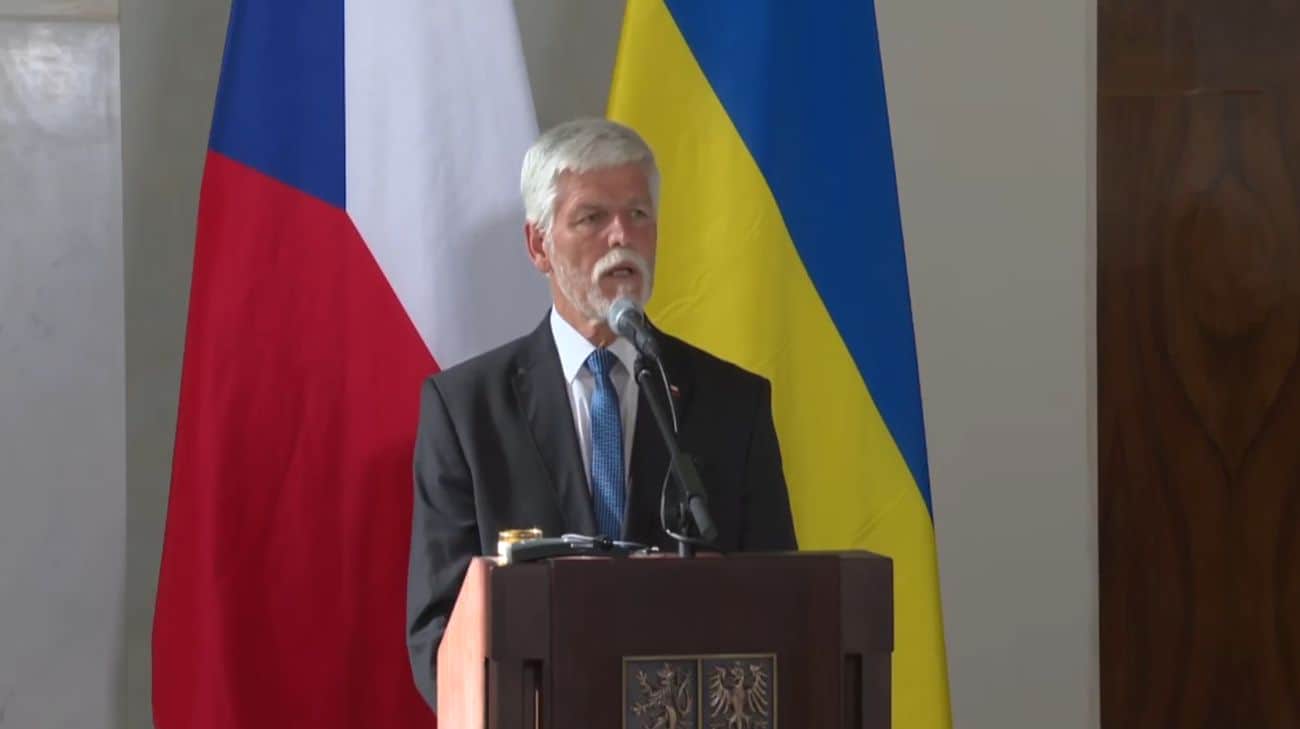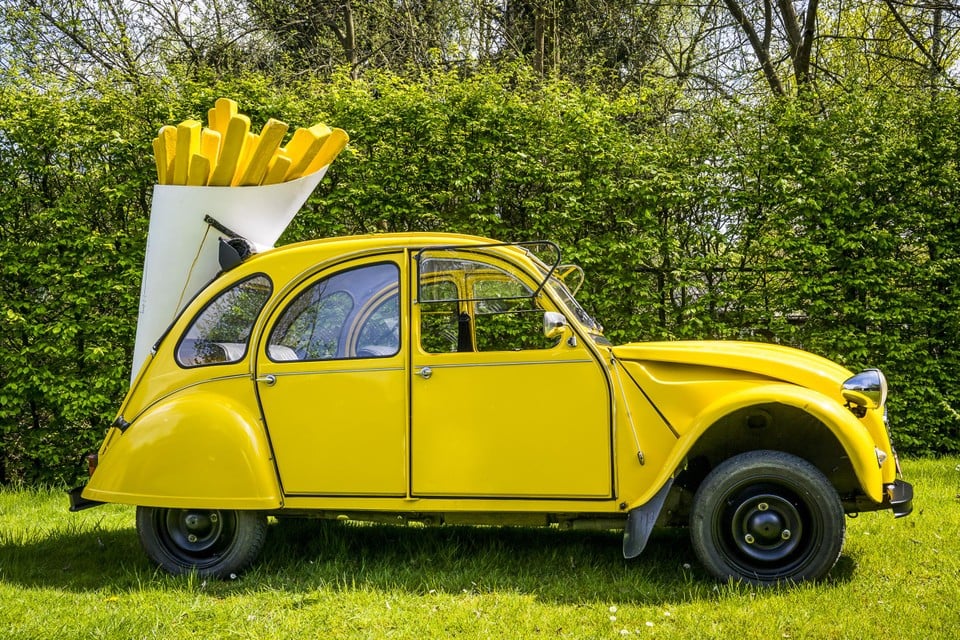Opinion | Busy, busy, busy? Be really free
/s3/static.nrc.nl/images/gn4/stripped/data131617193-87b382.jpg|https://images.nrc.nl/5FSN52jORfO4tLvXjZCW-WFmAqs=/1920x/filters:no_upscale()/s3/static.nrc.nl/images/gn4/stripped/data131617193-87b382.jpg|https://images.nrc.nl/H6sWUBxCTOjH1p8NvdHT6daezJ0=/5760x/filters:no_upscale()/s3/static.nrc.nl/images/gn4/stripped/data131617193-87b382.jpg)
I am sitting at a table of an Amsterdam café, where I agreed with Andrea Knezovic to talk about work and tranquility. Knezovic is a visual artist and researcher and made a book with Agata Bar about politics of peace in modern society (Nocturnalities. Bargaining Beyond Rest). The sun shines invitingly over the terrace, but we only have an hour before our conversation between all other agreements, so enjoying the sun extensively is not there.
We are talking about how the Dutch agendaculture spontaneity smears. Suppose we have a good time and feel like continuing our conversation, taking a walk in the wonderful weather or drinking a beer somewhere else. Unfortunately, our agendas do not allow such racks.
While it is the spontaneous encounters and experiences that stayed the most and the feeling that we live. Why don’t we make more room for that? We do hard work to meet our needs. But what if we thereby ignore our basic need to be able to act according to our feeling, to respond to our wonder? Have we forgotten what our productivity should actually contribute to – life itself?
If you ask an average Dutch person if he has a lot of freedom, it might answer in the affirmative. But with both the space that this Dutchman has in the agenda, and with the days off that the person receives from the government, it is miserable. Although Easter is barely over in April and May or King’s Day and Ascension Day are already present, we are in reality with only seven official holidays a year at the bottom of the list of the entire EU. Even the freedom itself in the Netherlands can only celebrate once every five years.
Strictly speaking, the Dutch work relatively few hours a week compared to other European countries. But in many cases, flexible or part -time working leads to a higher expectation of the performance in the hours that are worked, labor sociologist Heejung Chung told me When I interviewed her About her book The Flexibility Paradox.
We find a possible explanation for all that Dutch bustle in deep -rooted Calvinism, which sees work as a way to honor God. The Calvinist Dutchman attaches to austerity, economy and work ethic. Not dicks but brushing. A Dutchman who does not work is soon seen as a non -nun. To the question « How are you? » Is it completely normal and even desirable to ‘press’ the answer. Being pressure is equal to being a good person. You say with it: I matter. Even pensionados often have a busy diary in the Netherlands.
Opposite
When she told her mother in Croatia that she was busy, it sounded delivered, Knezovic tells me. « My mother asked if I was doing well that I was so busy. » In Croatia – sixteen official holidays – the best answer you can have to the question of how things are going ‘Fjaka‘, a term that is precisely the opposite of pressure. It means something like a relaxed state of body, mind and heart.
I remember the same kind of situation when I asked my father in Estonia in September if he already had plans on November 2. In the Netherlands you would grab your agenda without even blinking your eyes. My Estonian father laughed: « Of course not! »
You may now think that is a distorted image, because my father is in the sixties and therefore has more time. But I have the same experience in Estonia with people in the thirty or forty; Even work agreements are difficult to plan a few months in advance. That requires a certain confidence with both parties that it will happen if the time has come.
Our free time has even become so busy that it yields stress and burnouts
We are often talking about a healthy work-life balance. But it presupposes a clear separation between time for productivity and time without obligations. In the full-agent and 24-hour economy, that limit is becoming increasingly fading. Consider, for example, all notifications that arrive on your phone. Often enough, I have answered an app – sometimes walking on the street or opened a report from my bank, the tax authorities or another organization, while I actually intended to relax. In a society where you can be useful at any time of every day, you almost feel guilty if you don’t respond to it. The idea that there is a fast -moving world that will rage to you, if you are not continuously accessible, creates a sense of inadequacy. We try to control that uncertainty by continuing to perform. But if we organize our free hours just as efficiently and tight as our working hours, which can consist of that work-life balance?
Our free time has even become so busy that it yields stress and burnouts. And that starts at a young age. Out Investigation by TNO 2022 show, for example, that young people not only experience stress through work, but also through social pressure and the confrontation with the ‘perfect lives’ of others on social media. According to A report from Statistics Netherlands From 2021, young people between 12 and 25 most often experience stress because of their ‘busy life’ and in the second place of school.
Norwegian philosopher Lars Svendsen, author of the books Work and The Philosophy of Freedomstates that in many cases our free time has started to look even more at work than working itself. He cites a passage Beyond good and angry From Friedrich Nietzsche, which is about the inability of man to tolerate boredom. « It is a brilliant invention of the English to turn Sunday into a day off, » writes Nietzsche. « So that the people will unconsciously long for the next working day. »
Nowadays, according to Svendsen, we have ended up in the other extreme: we fill our free time with so many activities that they are almost bursting out. Nowadays we no longer long for Monday, because we are bored. But because the free time has become so demanding and stressful that go back to work for many is the real holiday.
Rest is an achievement
In our capitalist 24-hour society, even our intimacy-the most personal free time and space we possess-lies on the negotiating table. Sleep, health and relationships are analyzed and kept with apps. Rest has become an achievement.
Knezovic calls it « the last border »: the last part of our lives that threatens to be completely capitalized. We are perhaps under the assumption that we have already acquired enough freedoms. But without spontaneity, without the space to deviate from the schedule, we lose something essential: our inner freedom.
Of course it is not realistic, or even desirable, to set up your entire life according to racks. Rituals and frameworks also do us well. But some spontaneity regaining on your agenda is for everyone within reach. It requires a different way of thinking. Where we now see free time as something to fill, spontaneity requires unpleasant, open time. Or at least a more fluid, flexible sense of time.
« In Croatia, people rather eat their working hours to drink a coffee with a good friend, instead of eating their free time to do extra work, » says Knezovic. Extra, mandatory days off would also give us room to be spontaneous and the feeling that we don’t always have to ‘earn’ our free time. Only with sufficient emptiness can we also wonder why we work, and for whom.
A society in which there is pressure is an honorary sign and even May 1, the Day of Labor – pre -eminently a moment for reflection on our working life – is not an official holiday, the answer already has ready: productivity is the norm, reflection and spontaneity are the unwanted exception.
Read also
Also read: The West is bored to death – and that is a threat

:format(webp)/s3/static.nrc.nl/wp-content/uploads/2025/04/29173858/data131534319-114467.jpg)
:format(jpeg):fill(f8f8f8,true)/s3/static.nrc.nl/bvhw/wp-content/blogs.dir/114/files/2022/06/vries-marijn-de-2022-05-02-1280-web.png)
/s3/static.nrc.nl/images/gn4/stripped/data131665492-4afa90.jpg|https://images.nrc.nl/fdEU8VaWalAGBu2xSgfbNUiwdrs=/1920x/filters:no_upscale()/s3/static.nrc.nl/images/gn4/stripped/data131665492-4afa90.jpg|https://images.nrc.nl/WKzY2GF_JDG9COw9ppAFzEMqrtc=/5760x/filters:no_upscale()/s3/static.nrc.nl/images/gn4/stripped/data131665492-4afa90.jpg)
/s3/static.nrc.nl/images/gn4/data131745597-045c32.jpg)



